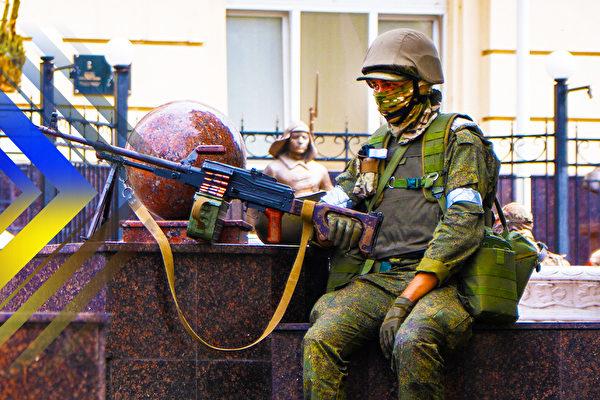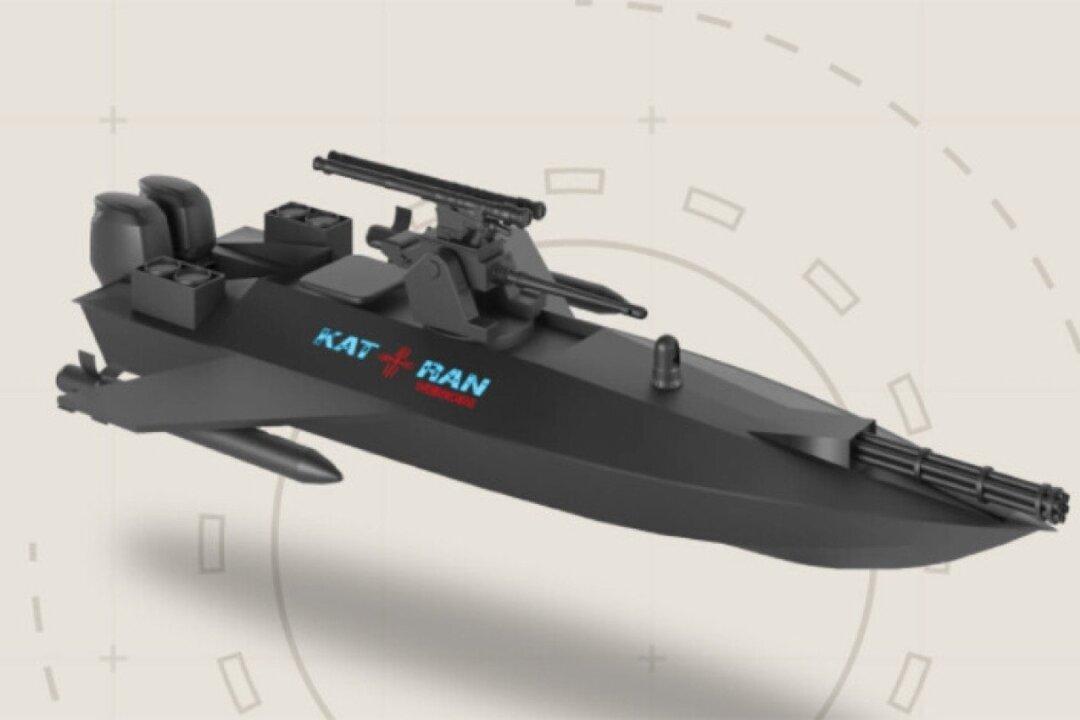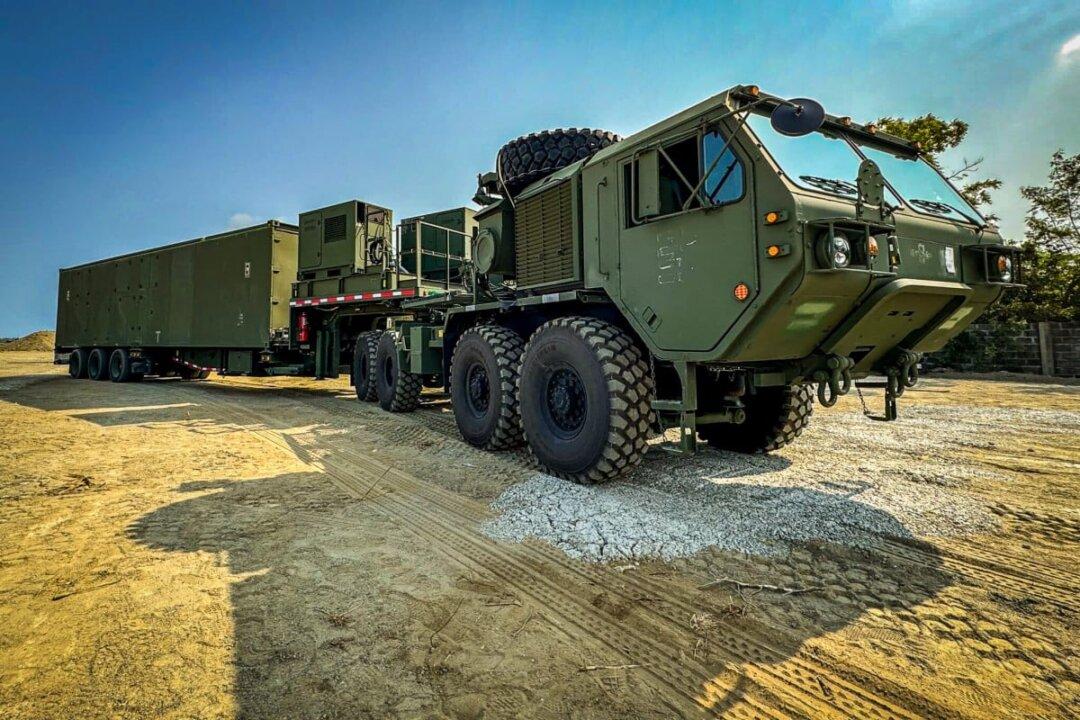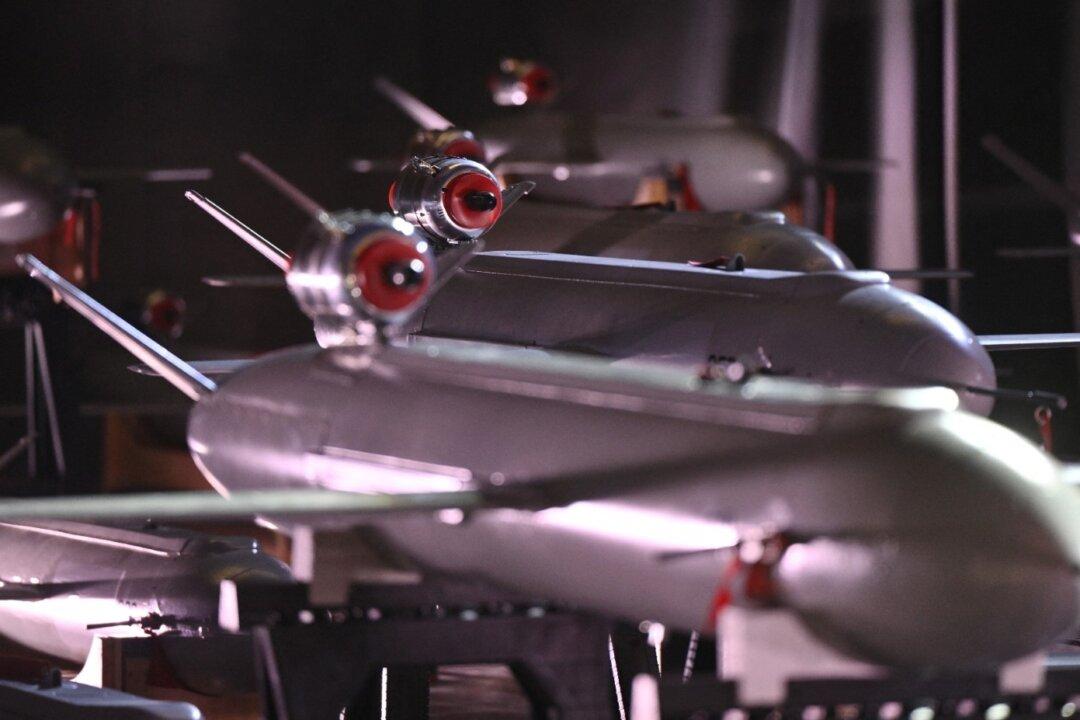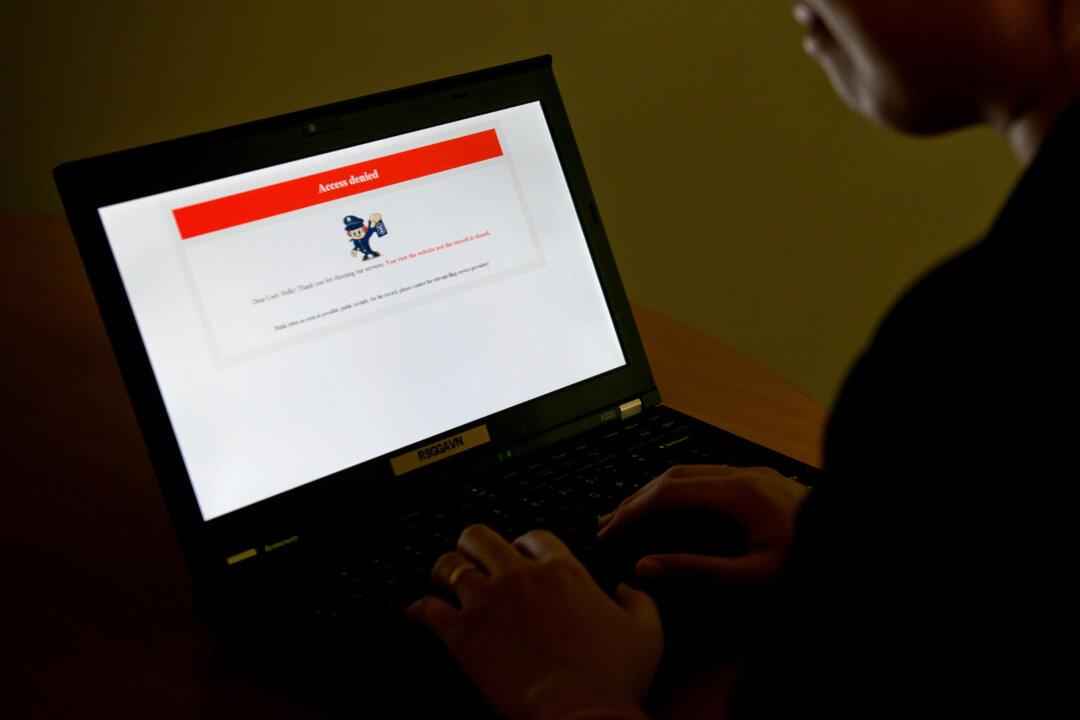Commentary
Wagner Group’s resurgence in Africa poses a significant challenge to the Chinese Communist Party’s (CCP) interests in the region, potentially straining the “unlimited friendship” between China and Russia. The Kremlin’s apparent loss of control over Wagner’s private military force has revealed divisions within Moscow’s leadership, indicating a potential power struggle.
